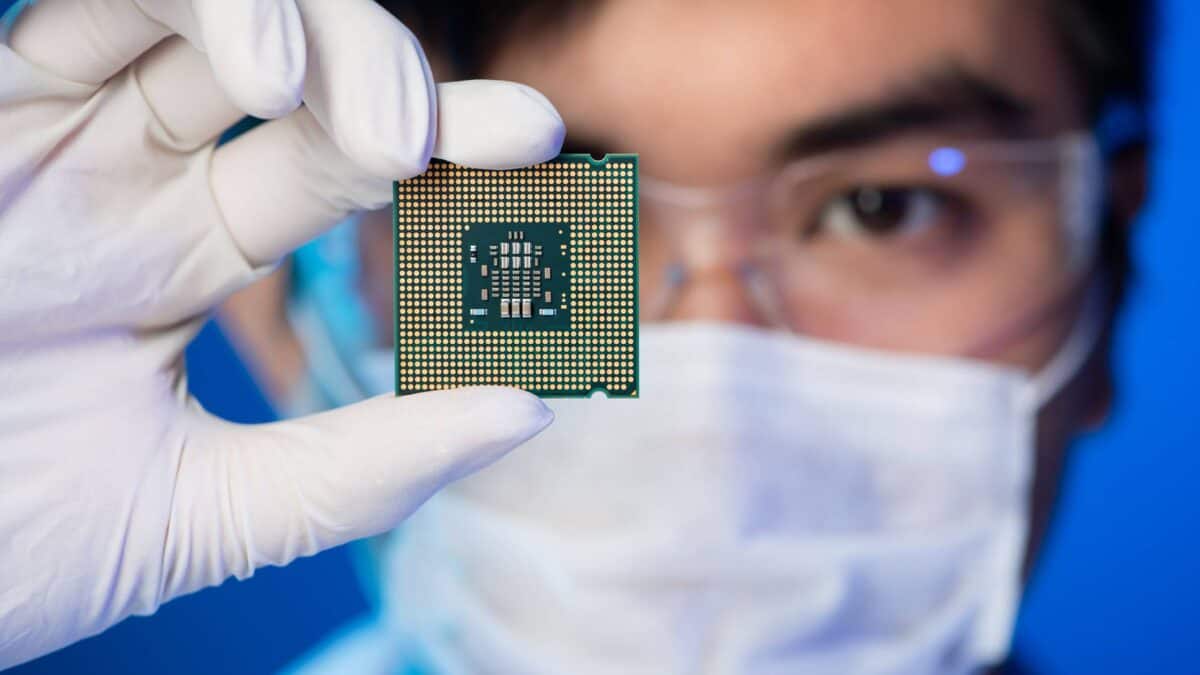The market painted BrainChip Holdings Ltd (ASX: BRN) shares with a red brush on Monday.
Shares in the AI chip developer dove 7.7% to 18 cents apiece. The silver lining is the BrainChip share price still hovers above its 52-week low of 14.5 cents per share. Nonetheless, investors clearly weren't thrilled about the company's first-half results released earlier today.
The first half resembled the same old song and dance that shareholders have become accustomed to.
BrainChip shares feel the cash burn
During the six months ended 30 June 2024, BrainChip recorded the following:
- Revenue from continuing operations down 8% to US$106,693
- Net loss down 33% from US$17.15 million to US$11.52 million
- Net tangible assets per share down 39% to 72 cents per share
- Cash and equivalents of US$10.9 down from US$14.3 million
A keen-eyed investor will see two crucial numbers from the above: US$11.5 million net loss and US$10.9 million cash.
Some quick math would imply that BrainChip would run out of money in another six months if its losses stayed around the same amount. Fortunately, the company has received US$5.5 million from its capital call with LDA Capital since the balance sheet figures were finalised.
Moreover, a A$25 million institutional capital raise injected further funds into BrainChip in July, followed by A$632,000 from a share purchase plan. Disregarding any cash burn since 30 June, the company's cash balance would be in the range of A$44.6 million.
What else happened during the half?
According to today's announcement, BrainChip's first half predominantly involved further developing the Akida 2.0 technology. Specifically, the company focused on refining its TENNs or 'temporal event-based neural networks' platform.
On 6 May 2024, BrainChip was granted an Australian patent for 'an improved spiking neural network'. The company described the patented technology as valuable intellectual property facilitating 'low shot learning'.
BrainChip shares experienced a brief resurgence after receiving the patent. Yet, as shown in the chart below, the rally gave way to weakness over the ensuing months.
In favourable news, the company signed two agreements in August. According to today's release, BrainChip is working with Frontgrade Gaisler — an embedded computer systems company — and Airbus Defense and Space to provide AI capabilities in space applications.
What's next for BrainChip shares?
As usual with smaller, loss-making companies, BrainChip did not provide any hard-set forecasts. However, the release did mention the expectation of additional cost reduction initiatives in the second half of FY2024.
Despite a colossal spike earlier in the year, BrainChip shares are down 38% from a year ago. After tripling in February without a shred of reason — potentially riding the AI hype coattails — excitement around BrainChip has, at least for now, subsided.









